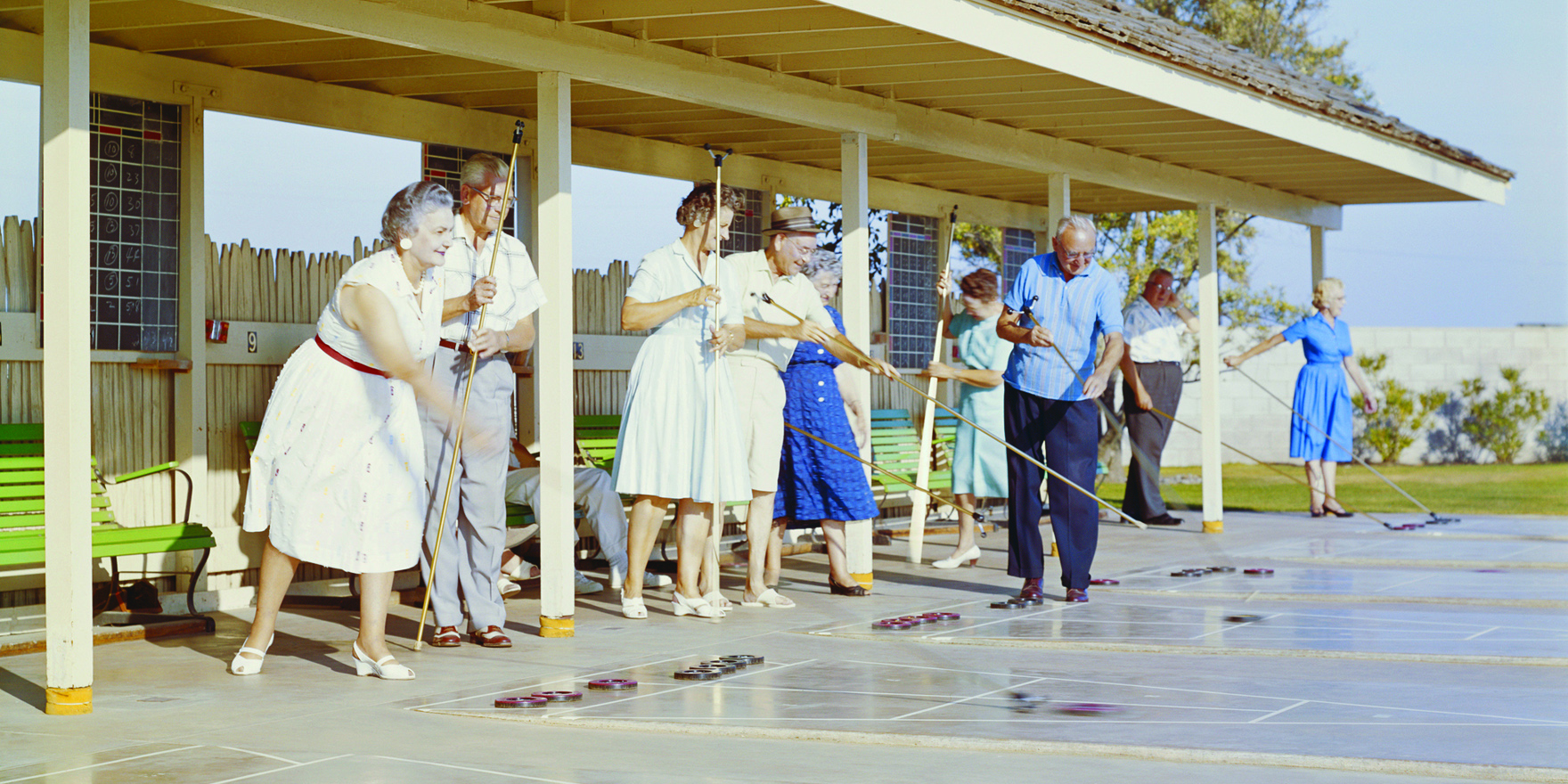When does "a lifetime of knowledge and experience" become "well-past their use-by date" for today’s older GPs?
As I approached the biblical age of three score plus ten, I read with great interest the decision by the Medical Board of Australia, part of AHPRA, to ensure that doctors over the age of 70 have mandatory health and clinical competency tests in order to continue practising.
We were informed that in 2017 there were 5600 doctors aged over 70 still practising, as well as 800 aged over 80, out of a total of around 110,000 registered doctors in Australia. Of course, not all are clinicians, but some 30,000, like me, are GPs.
Naturally it would be discriminatory, and possibly illegal, to enforce mandatory retirement at the age of 70, however tempting this might be at a time when we have record numbers of medical graduates seeking hospital jobs and hundreds of overseas trained doctors still passing through the AMC process each year and then attempting to enter the workforce.
Old doctors are expected to make way for young ones.
But then judges in this country retire at 70 (usually on hefty pensions) while in the United States they may sit on the bench into their 90s.
History is littered with great achievements by individuals aged in their 70s and older.
Michelangelo painted the dome of the Sistine Chapel at 72, Sir Robert Helpmann performed Don Quixote aged 77, Sir Winston Churchill was 72 when he was elected to a second term as Prime Minister of Britain in 1951, Nelson Mandela was 76 when he was elected President of South Africa, and American woman Harriette Thompson completed her 15th San Diego marathon aged 91.
I could go on, although I am reluctant to mention that Donald Trump was 70 when he took up residence in that big white house on Pennsylvania Avenue.
Reaching the age of 70 can also be a time for useful reflection. Indeed, I can reflect on my own encounters with aging doctors over the past 40 years with mixed feelings.
My first job as a young intern was a 12-week rotation to a country hospital. The only surgeon in the town of around 10,000 was aged 77. He was unable to retire because there was no one available to replace him.
I was assisting him in a difficult laparotomy when he suddenly looked pale and sweaty, asked the nurse for a seat and for some glyceryl trinitrate. After 20 minutes, and two or three tablets under the tongue, the colour returned to his face and the operation continued.
The prospect of me completing the procedure was too horrifying to contemplate. So, was the rural town better off with no surgeon or having an aging surgeon with angina?
It would interesting to delve into the Medical Board’s data to see how many of the 5600 over-70 doctors are practising in rural towns, servicing the needs of communities that cannot find young doctors to replace those who are aging.
Several years ago, I was asked by an 82-year-old GP to write an opinion on his fitness for part-time work. It was a most unusual request. The practice which he had established was no longer prepared to employ him.
The practice claimed he lacked insight into his own condition.
He was working on a busy Monday morning when the patient sitting opposite him noted that his speech was suddenly slurred and he was having difficulty writing a prescription. The patient ran to reception and called the nurse. The nurse, who felt he was having a stroke, called one of the other doctors who insisted the GP went to hospital.
My 82-year-old colleague claimed he was having a TIA and it would pass off in an hour or so. He still had patients to see and had experienced similar episodes in the past.
Of course, he went to hospital and was discharged later that evening having recovered from his TIA. He may have had good diagnostic acumen and could meet the CPD requirements for registration, but one would argue that his insight was questionable.
I have a colleague aged around 60 whose father, also a GP, continued to work part time until he was 93. Naturally they had the same surname, so let’s call them Drs W.
Patients would phone for an appointment insisting they do not wish to see the young Dr W. Presumably these patients and their families had been treated by the old Dr W for many years. They were not only loyal, but still had faith in the doctor’s ability. Age did not bother them.
Nevertheless, it is worth examining why doctors would want to continue working into their 70s and beyond. Of course, there may be financial reasons. Poor investment decisions, lack of superannuation, divorces, expensive private schooling of children and so forth may all contribute to financial instability in old age.
However, other reasons may be more deep-seated. Retirement for busy practitioners, especially those who do not have many outside interests, can be confronting. They are suddenly afflicted with “relevance-depletion syndrome” and they no longer feel valued.
Clinical work gave them an identity. They felt useful and most of the time they felt valued. Staying at home does not provide the same emotional rewards.
GPs see more clients in a given day than any other profession. The opportunities to feel valued are more numerous than in any other profession.
It is no wonder they are reluctant to give it up, even if they are told: “It’s time”.
Dr Leon Piterman is Professor of General Practice at Monash University and has been in clinical practice for almost 40 years
Do you have any similar professional experiences you would like to share? Please email: grant@medicalrepublic.com.au


